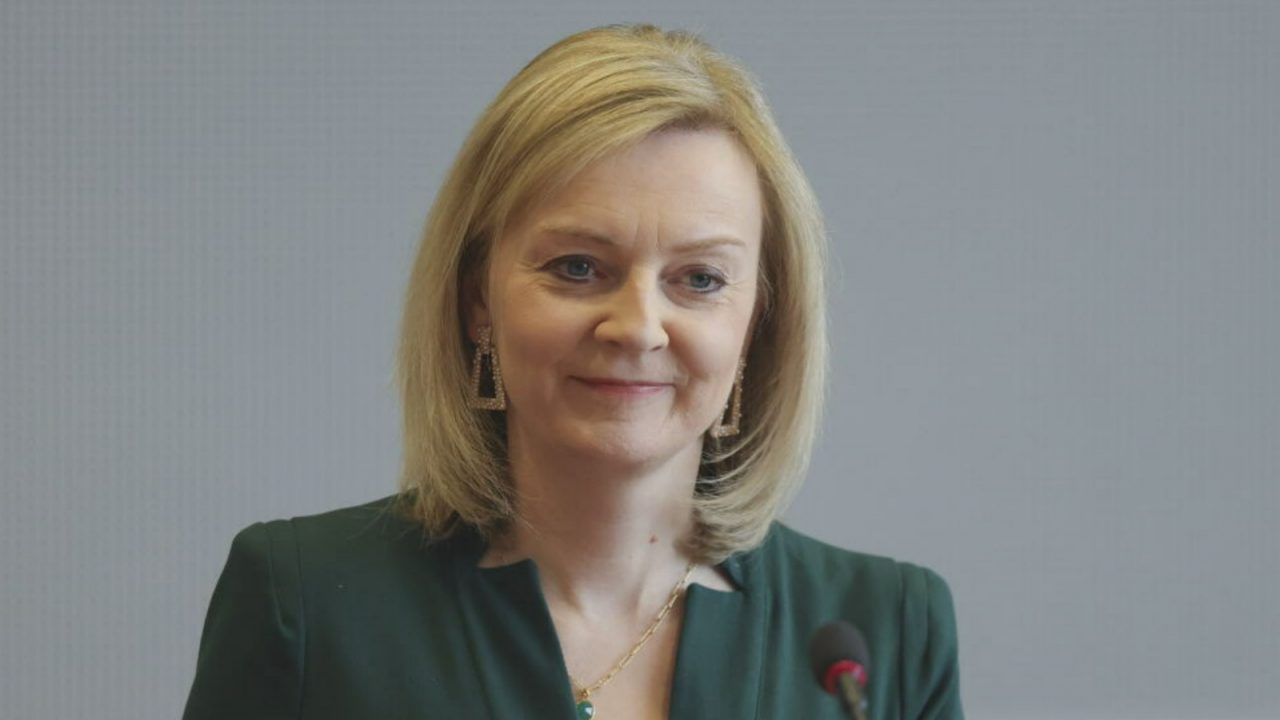He went as he had governed. His early morning last hurrah in Downing Street was utterly uncalled for, but so utterly characteristic of the showbusiness premier.
Boris Johnson likened himself to a “booster rocket” that had fulfilled its function. There are many people who could think of more apt analogies that would be more accurate, but let’s not dwell on them, for his tenure is over.
All reputations at the point of departure are revised by the sometimes-forgiving bigger picture that is the work of historians. The only way the Johnson premiership will ever be regarded as successful rests on his successors being even more calamitous than he.
Which brings us to Liz Truss.
Politics has a habit of arranging events to favour the outsider. I doubt six months ago few voters could have named her, but such is the state of the Conservative party at Westminster that we are now being advised she is the best of the bunch.
Let’s not focus too much on her political journey, which has seen her traverse some odd terrain. She has parked her beliefs on the merits of low taxes and a smaller state.
The more ideologically inclined Conservatives backed her, seeing Rishi Sunak as an enabler for the big state and unsustainable spending.
These people will be sorely disappointed in the new Prime Minister. She will govern pragmatically and that means slaying ideological shibboleths.
Already here at Westminster, speculation is rife that she is about to make some dramatic decisions on the cost-of-living crisis.
Bloomberg reports that she is considering freezing energy bills over the next 18 months at a cost of £130bn. Additional help totalling £40bn will be available for business.
These sums look set to dwarf what Sunak [as chancellor] spent on furlough and will overnight trash her mantra about a smaller state.
Truss has no choice but to respond in this way.
Already, her judgement is suspect, for she maintained for much of the Conservative leadership election that handouts would not be forthcoming. She performed a u-turn even before getting the keys to Number 10.
If this morning’s reports are correct, she will pull the rug from underneath the opposition parties who have slaughtered the government for inaction.
There is an uncomfortable lesson for Truss in the furlough policy. Sunak had to repeatedly extend the scheme. With further lockdowns, the support had to be extended.
The logic of freezing energy bills is that the freeze lasts until the crisis passes. That might be next year or the year after or the year after that.
Since this is an emergency with no end date, she is committing her government to spending eye-watering sums and increasing the national debt yet further.
There is a danger that, at some point, right-wing Conservatives abandon her for extending the state solution model so associated with her predecessor.
On that score, Tory MPs really need to settle down. Their restlessness has caused the forced removal of both Theresa May and Boris Johnson. If they continue to envelop themselves in the love of the febrile, defeat will head their way at the next election.
If energy prices don’t take up all of her time, there is always the pressure in dealing with inflation, strikes, higher mortgages and the rest of the cost-of-living crisis.
And that’s before demands for more cash for pay, the NHS, a sustainable model for social care, etc, etc…
Jim Callaghan inherited a tricky set of economic circumstances from Harold Wilson in 1976.
Storm clouds were gathering when John Major succeeded Margaret Thatcher in 1990.
Gordon Brown was faced with a global financial crisis a year after succeeding Tony Blair.
Callaghan, Major and Brown had some huge challenges, but nothing compared to those faced by Truss. She inherits the most daunting challenges of recent times.
She can talk of low taxes and a small state and yet take government intervention to new levels.
Today she learns a hard rule of politics: you can’t have your cake and eat it.
Follow STV News on WhatsApp
Scan the QR code on your mobile device for all the latest news from around the country


 STV News
STV News

























